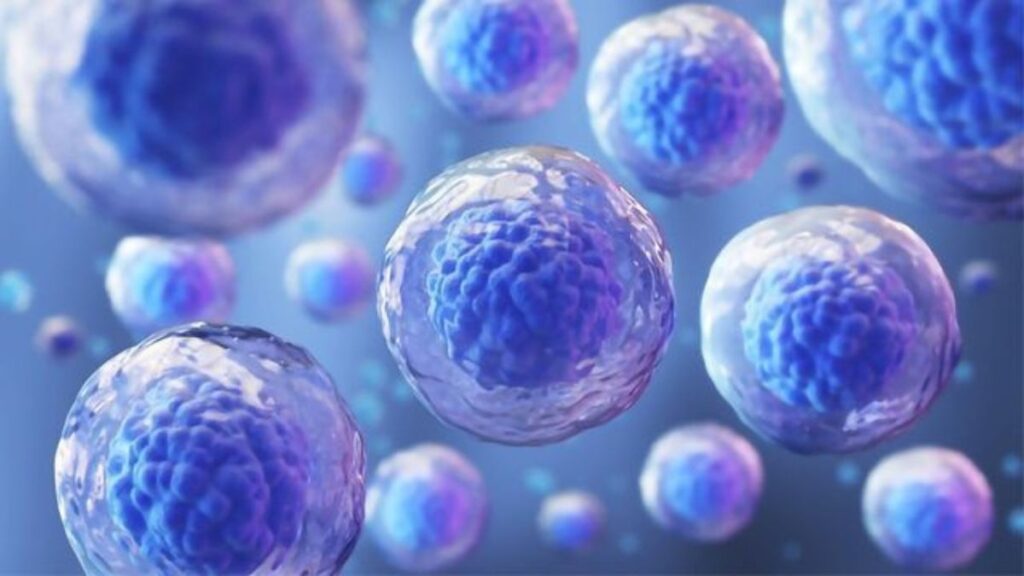Introduction to Cellulogia and Cellular Research
Cellulogia, the fascinating field of cellular research, is pushing the boundaries of what we know about life at its most fundamental level. It delves deep into the intricate world of cells—the building blocks of all living organisms. Each discovery in this realm opens doors to new understandings and possibilities that can revolutionize various industries.
As scientists employ cutting-edge technologies to explore cellular structures and functions, we’re witnessing a wave of breakthroughs that promise to transform healthcare and medicine as we know it. The implications are vast: from potential cures for diseases to advancements in regenerative medicine.
But with great power comes great responsibility. As our capabilities expand, so do ethical considerations surrounding experimentation and manipulation at such a basic level. What does the future hold for cellulogia? How will these innovations shape our understanding—and treatment—of medical conditions?
Join us on this journey through recent developments in cellular technology and explore how they might impact our lives going forward!
Recent Breakthroughs in Cellular Technology
Recent advancements in cellular technology are revolutionizing the field of cellulogia. These breakthroughs include innovations like CRISPR gene editing, which allows for precise modifications to DNA. This technique holds immense potential for treating genetic disorders.
Moreover, scientists have developed advanced imaging techniques that enable real-time observation of cellular processes. Enhanced microscopy tools reveal intricate details about cell behavior and interactions, paving the way for deeper understanding.
Another exciting development is organ-on-a-chip technology. This method mimics human organs at a cellular level on small devices, offering insights into drug responses without relying on animal testing.
Researchers are also exploring the use of artificial intelligence in analyzing vast datasets derived from cellular research. AI can identify patterns and predict outcomes more efficiently than traditional methods.
These breakthroughs not only improve our comprehension but also open doors to new applications across various sectors including medicine and biotechnology.
The Impact of Cellular Research on Healthcare and Medicine
Cellular research is transforming healthcare and medicine in unprecedented ways. By delving deep into the mechanisms of cells, scientists are uncovering new pathways for treating diseases that were once deemed incurable.
This innovative field fuels advancements in regenerative medicine. Stem cell therapies hold promise for repairing damaged tissues and organs. As researchers unlock more secrets about cellular behavior, we edge closer to personalized treatments tailored to individual genetic profiles.
Moreover, breakthroughs in cellular technology enhance diagnostic methods. Advanced imaging techniques enable earlier detection of conditions like cancer or neurodegenerative diseases. This early intervention can significantly improve patient outcomes.
The integration of artificial intelligence with cellular research also paves the way for predictive analytics. This synergy allows healthcare providers to anticipate disease progression and customize preventive strategies, ultimately saving lives while optimizing resources within our healthcare systems.
Ethical Considerations in Cellular Research
Ethical considerations in cellulogia are paramount as research continues to advance. The manipulation of cellular structures raises questions about consent, especially when human cells are involved.
Researchers must navigate the complexities of obtaining informed consent from donors. Transparency is crucial to ensure participants understand how their cells will be used.
Moreover, the potential for genetic modifications introduces ethical dilemmas about what constitutes acceptable intervention. Will these changes benefit humanity or create unforeseen consequences?
The balance between innovation and morality requires vigilant oversight. Regulatory bodies play an essential role in guiding responsible practices that respect both science and human dignity.
Additionally, discussions around commercial interests often complicate ethical frameworks. Questions arise regarding ownership rights over modified cells and whether profit motives could overshadow humanitarian concerns.
As we delve deeper into cellular research, it’s vital to maintain a dialogue on these issues ensuring advancements do not come at the cost of our ethical responsibilities.
Future Possibilities for Cellulogia
The future of cellulogia holds immense promise. Advancements in cellular engineering could lead to breakthroughs we can only dream of today. Imagine creating personalized medicine tailored specifically for your genetic makeup.
We may see the rise of bioengineered organs, reducing transplant waiting times significantly. This innovation could save countless lives and improve the quality of life for many patients.
Moreover, harnessing stem cell technology might enable us to regenerate damaged tissues or even limbs. The potential applications are vast, ranging from treating chronic illnesses to repairing spinal cord injuries.
As artificial intelligence continues to evolve, it will likely play a crucial role in analyzing complex cellular data. AI-driven insights could accelerate research and enhance our understanding of cellular mechanisms.
With each discovery, the horizon broadens further. The journey into cellulogia is just beginning, full of exciting possibilities that challenge our imagination and redefine healthcare as we know it.
Challenges and Limitations of Advancing Cellular Research
Advancing cellular research comes with a myriad of challenges. One significant hurdle is funding. Many innovative projects struggle to secure the financial support necessary for cutting-edge studies.
Regulatory frameworks also present obstacles. The rapidly evolving nature of cellular technology often outpaces existing laws and ethical guidelines, creating uncertainty for researchers.
Technical limitations can hamper progress too. Manipulating cells at a microscopic level requires precision and advanced tools that are not always easily accessible or reliable.
Moreover, collaboration across disciplines is essential but can be difficult to achieve. Bridging gaps between biology, engineering, and ethics demands effective communication among diverse experts.
Public perception plays a crucial role in the advancement of cellulogia. Misunderstandings about cellular research can lead to resistance against new therapies or technologies, impacting the overall acceptance in society.
Conclusion: The Exciting Future of Cellulogia and How It Will Shape Our World
The future of cellulogia is brimming with potential. As researchers continue to unlock the mysteries within our cells, we are on the brink of revolutionary advancements in healthcare and medicine. The innovations in cellular technology promise not just improvements in treatment but also a deeper understanding of diseases at their core.
As ethical considerations guide this research, it becomes increasingly vital to ensure that progress aligns with societal values. Balancing innovation with responsibility will help foster public trust and maximize the benefits of these scientific breakthroughs.
Looking ahead, challenges remain. Funding, regulatory hurdles, and technological limitations could impede rapid advancement. However, collaboration among scientists across disciplines may pave new pathways for success.
The journey through cellulogia is just beginning, yet it holds immense possibilities for reshaping our world as we know it. With each discovery made and every barrier crossed, we inch closer to a healthier future where cellular insights transform lives across the globe. It’s an exciting time for science—one that invites curiosity and hope as we explore what lies ahead in this dynamic field.






